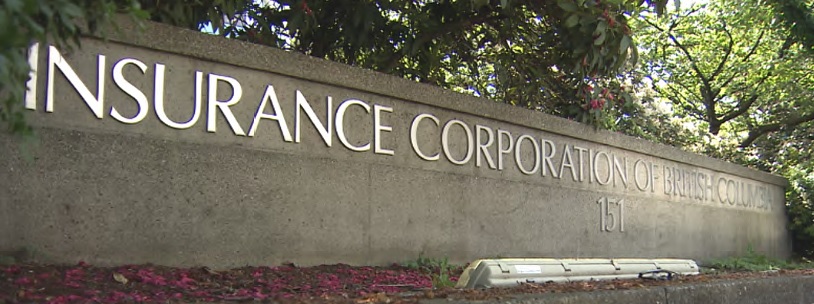Recently the Insurance Corporation of British Columbia (ICBC) has been experiencing significant losses. These losses have been offset by transfers from its optimal business. Without transfers, the basic business capital would have fallen below the regulatory minimum. Even worse is that optimal business has also suffered a loss.
ICBC is a Crown corporation managed by the province of BC. Established in 1973, the corporation has a mandate of providing a province-wide universal affordable and compulsory public auto insurance in the province. It has, however, failed to ensure affordability as insurance rates in BC are the second highest in all of Canada and are forecasted to be the highest by 2020, all things being equal. The reason for this is traceable to management and operational ineffectiveness- a problem which taxpayers bear the brunt.
Last week, the Frontier Centre for Public Policy released a research paper in the Public Choice Alternatives series on the valuation of ICBC. Even though ICBC is somewhat able to generate free cash flow (an important factor for growth and survival of a corporation), the free cash flow is not significant enough to result in a substantial intrinsic value which is based on robust and growing free cash flow.
Worse still, ICBC is not showing evidence that it can generate profits and convert profits to ready cash for operational demands.
According to the valuation, ICBC could be worth as much as $15.8 billion today if the province decides to divest the corporation. In the same analysis, it could be worthless if the province decides to keep it. This position is further worsened by the current reality that ICBC is unable to restructure and price its insurance premiums to cover expected accidents and losses.
The corporation’s estimated fully taxed value ranges from $3 billion to $17 billion, with a mean value of $8.95 billion and a median value of $8.99 billion.
As non-government auto insurance is profitable in most regions of North America, other -private- companies could better, and more profitably, serve British Columbians motor vehicle insurance needs. In 2017, ICBC had a billion dollar loss and it is widely projected that it will suffer more loss of about $1.3 billion this fiscal year despite the plans of provincial government and ICBC management to stem the tide.
The reasons for the establishment of ICBC no longer pertain; it is better that private investors take on the risk. Thus, the government should initiate a plan to make ICBC a more normal, commercial, and cash profit-generating firm. It should optimize its operations to make it appealing for sale to private individuals and institutional investors.
However, it is up to the taxpayers through their elected officials to decide whether or not ICBC be divested; the province of BC should take action soon to make sure that ICBC can turn its profits into ready cash. With BC’s growing provincial debt and other spending priorities, proceeds from selling ICBC could be very useful for the province of BC and its taxpayers in the near future.



